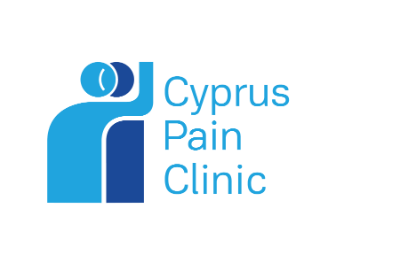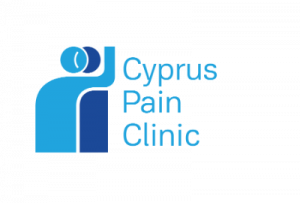Music Therapy
Department of Music Therapy
Although by Cypriot standards Music Therapy is a relatively new field of study, the ancient Greeks and Egyptians were among the first to make use of music’s therapeutic benefits. We can all benefit greatly from playing music, listening to music, or even actively participating in musical events. Music fosters our creativity, makes us joyful, and promotes social interaction. Music has the power to evoke fond memories as well as “notes” of happiness, serenity, and revitalizing feelings.
Everyone has the potential to respond to music, and music therapy takes advantage of this ability to promote beneficial changes in emotional wellbeing and communication through engaging in live music-making and interaction between client and therapist. It can help develop and facilitate communication skills, improve self-confidence and independence, enhance self-awareness and awareness of others, improve concentration and attention skills. British Association for Music Therapy (BAMT).
What is Music Therapy?
Music therapy is the scientific discipline that deals with the therapeutic application of music and musical components (sound, rhythm, melody, harmony, timbre, intensity). A certified music therapist leads sessions to accomplish therapeutic objectives pertaining to the mental, physical, emotional, intellectual, social, and cognitive domains and to improve one’s Quality of Life. Music therapy is not aimed at artistic output, entertainment, or musical education. (Cyprus Music Therapy Association).
Through music composition, a music therapist addresses the needs of the patient. A certified music therapist have received proper and adequate training to be able to understand the needs of each patient and help them address the problem they are facing.

Therapist-patient relationship
The therapeutic bond formed between a patient and a therapist through participation in the treatment process and communication through music is crucial and grows over time.
Children, adolescents, and adults can greatly benefit from music therapy, which is useful in cases such as:
- Anxiety and stress
- Pervasive developmental difficulties
- Neurological difficulties
- Addictions
- Newborns
- Senile dementia
- Speech and language disorders
- Serious diseases/conditions/disorders (cancer etc.)
- Learning disabilities
- Learning disabilities (autism, Down syndrome, etc.)
- Emotional difficulties and Behavioral difficulties
- Mental disorders
- Eating disorders
- Visual and hearing impairments
In addition, Music Therapy is indicated for pregnant women and people looking for a means of expression, personal development, and support.
Patients do not need to be musically skilled in order for music therapy to be effective. A wide variety of musical genres can be employed, as well as musical instruments and media, including voice. Music produced during the sessions by the clients is improvised, thus helping the therapist to also improvise on a clinical level to meet the needs of the patient. A music therapist uses music in a way that allows patients to create their own unique musical language to explore, express themselves as well as to connect with both themselves and those around them.
As mentioned above, music therapy is used to treat a wide range of conditions and problems; a certified music therapist has been trained to customize their methods and working style to meet the needs of each patient. For instance, the goals and format of treatment for a child with a learning disability differs. The objective of music therapy for a child with a learning disability is to support the development of the child’s communication, cognitive and mental capacities, method of expression, and other skills.
Another minor example is when a person is diagnosed with cancer; here, the objective is to assist them manage their disease and preserve their mental health. Through music therapy, a cancer patient has the benefit of being able to process their emotions both verbally (by producing a song with lyrics that express them using a particular technique that encourages self-expression) and musically. This means that each time the therapist is called upon to respond to the needs of each treated individual and adapt both their approach and treatment plan according to each person individually.
Last but not least, music therapy is a health profession that has been shown via scientific research to assist prevent, maintain, and improve health. Studies on music therapy’s effectiveness are continually being conducted in Europe, America, and Australia, demonstrating its significance in the area of mental and physical health.


